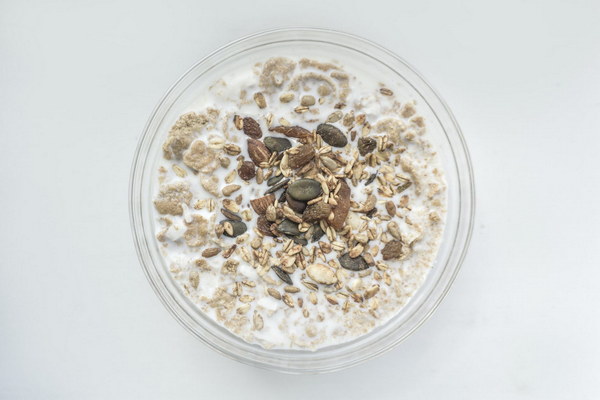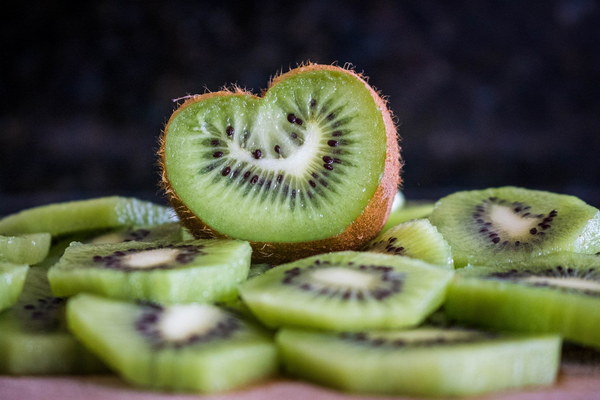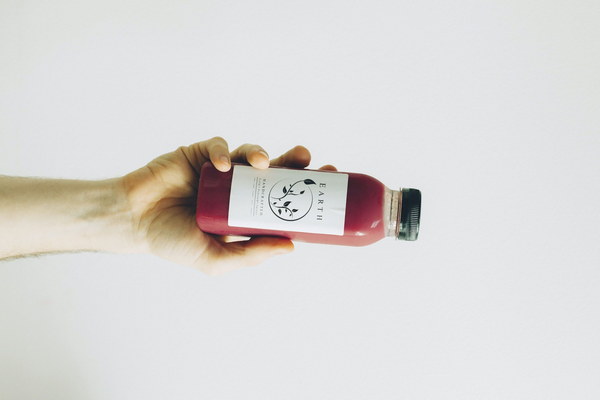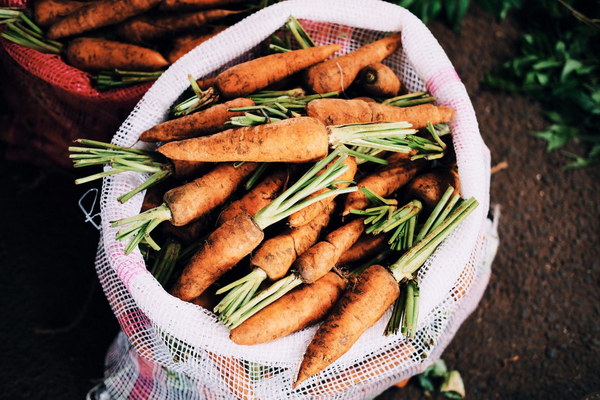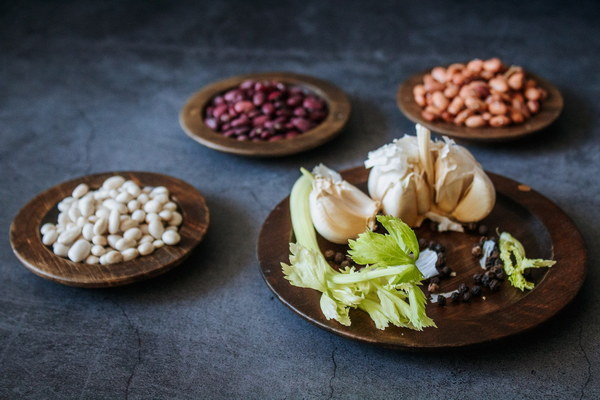Can Boosting Blood and Qi Help Increase Breast Milk Production in Postpartum Women
Breast milk is the ideal nutrition for newborns, providing essential nutrients and antibodies that support their growth and development. For many new mothers, ensuring a sufficient supply of breast milk can be a concern. One common belief is that boosting blood and Qi, traditional Chinese concepts, can help increase breast milk production. But does it really work? In this article, we will explore the relationship between blood and Qi in postpartum women and their potential impact on milk supply.
Firstly, let's understand what blood and Qi are in the context of traditional Chinese medicine (TCM). Blood is considered the substance that nourishes and sustains the body's tissues and organs. It is responsible for providing oxygen and nutrients to cells and removing waste products. Qi, on the other hand, is the vital energy that flows through the body, maintaining the balance of physiological functions and promoting health.
In TCM, it is believed that a healthy balance of blood and Qi is crucial for overall well-being, including lactation. The theory suggests that when a woman's blood and Qi are deficient, it can lead to insufficient breast milk production. To address this, various TCM practices, such as herbal remedies and dietary adjustments, are often recommended.
Herbal remedies are a popular choice for postpartum women to boost blood and Qi. Some commonly used herbs include:
1. Dong Quai: Known as female ginseng, Dong Quai is believed to tonify blood and nourish the uterus, thereby supporting milk production.
2. Angelica Sinensis: This herb is believed to invigorate blood and improve Qi, which may help increase breast milk supply.
3. Peony Root: Peony Root is used to nourish blood and alleviate pain, making it beneficial for postpartum women with insufficient milk supply.
Dietary adjustments also play a significant role in boosting blood and Qi. A well-balanced diet rich in essential nutrients can help improve a woman's overall health and milk production. Here are some dietary recommendations:
1. Iron-rich foods: Iron is essential for producing red blood cells and preventing anemia, which can affect milk supply. Foods rich in iron include lean meats, fish, poultry, beans, lentils, and fortified cereals.
2. Vitamin C: Vitamin C enhances iron absorption and supports immune function. Citrus fruits, strawberries, kiwi, and bell peppers are good sources of vitamin C.
3. Protein: Adequate protein is necessary for milk production. Include lean meats, fish, poultry, dairy products, legumes, and nuts in your diet.
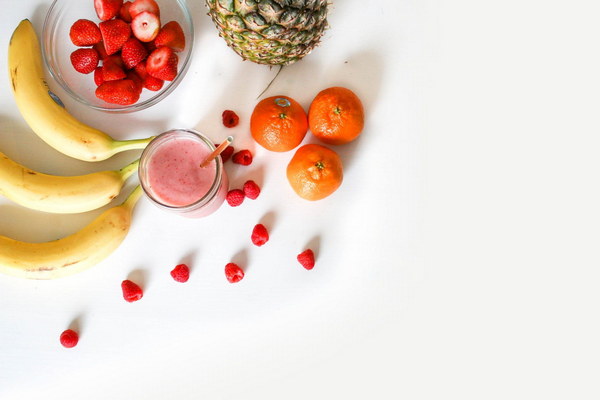
4. Folate: Folate is crucial for the production of red blood cells and preventing neural tube defects in newborns. Leafy green vegetables, legumes, and fortified cereals are excellent sources of folate.
5. Galactagogues: These are foods or herbs that are believed to increase milk supply. Fenugreek, oatmeal, and Brewer's yeast are some examples.
It is important to note that while TCM practices may benefit some postpartum women, they should be used cautiously and under the guidance of a qualified TCM practitioner. Certain herbs may interact with medications or have contraindications for specific health conditions.
In conclusion, the belief that boosting blood and Qi can help increase breast milk production in postpartum women has some scientific backing. By incorporating herbal remedies, dietary adjustments, and other TCM practices, some women may experience improved milk supply. However, it is crucial to consult with a healthcare professional before starting any new treatment or making significant changes to your diet.


